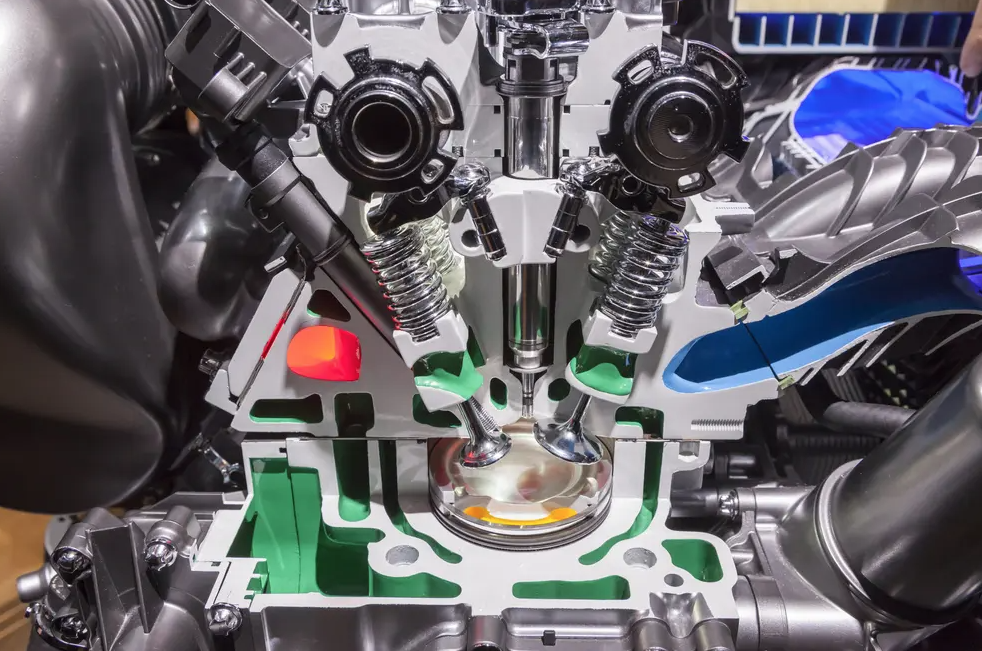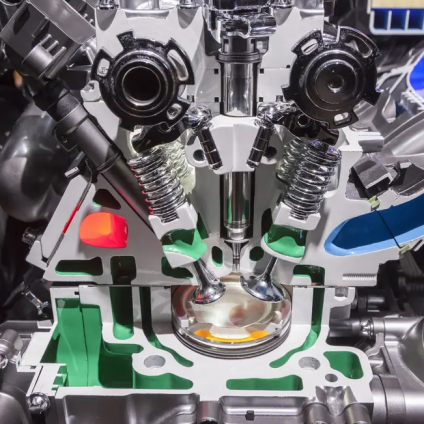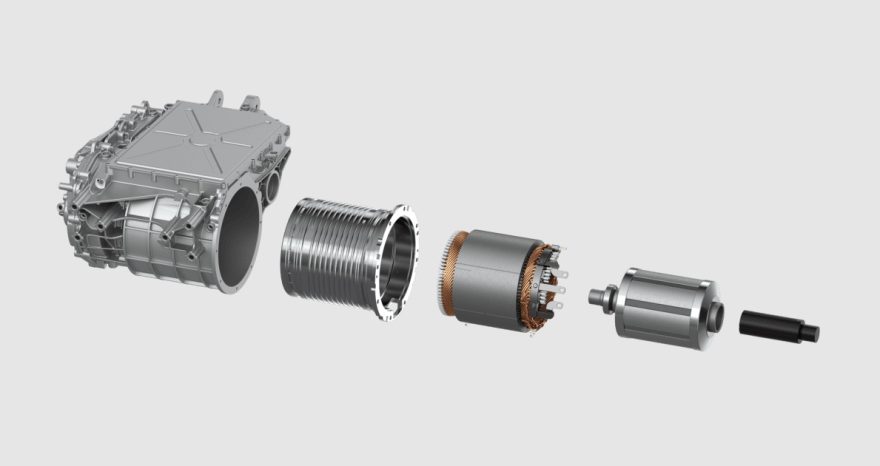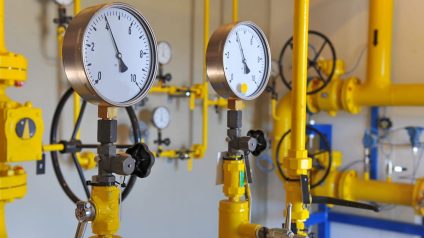Developed by a team of university researchers and Hyundai Motor Company, a two-litre engine capable of running 100% hydrogen
Hydrogen engine, new advances
When we talk about hydrogen cars, most of the time the thought goes to electric vehicles equipped with fuel cells. In these devices, the carrier combines with oxygen to produce water and electricity which in turn powers the actual electric motor. But there are other technological options to exploit the H2 in transport. Even endothermic engines, with the right precautions, can adapt to this fuel.
This was first demonstrated by the BMW Hydrogen 7, a limited edition car in production from 2006 to 2008. Of the Hydrogen 7 there would be only 100 specimens that, because of the high consumption, have represented more a marketing stunt than a commercial product. But the car’s 6-litre V12 engine, which can be powered by both green gasoline and hydrogen, has drawn a first line followed by several experiments around the world.
Interest in the development of hydrogen internal combustion engines has grown in recent years, especially for heavy commercial vehicles, but something is also moving in the field of light vehicles. This latter strand includes the project curated by the Department of Research on Electric Mobility of the Korea Institute of Machinery and Materials and the Zero-Carbon Engine Research Lab of Hyundai-Kia Motor Company. Experts from both companies worked together to create the first 2-litre direct injection hydrogen engine with good torque performance and 100% H2-only capability. But to understand the scope of the project it is useful to take a few steps back.
40% of thermal efficiency
In conventional internal combustion engines that have been modified for the use of H2, this inevitably results in lower fuel efficiency and lower performance. Hydrogen, in fact, burns quickly and can cause a flashback in the collector and problems with pre-accession.
On the contrary, direct injection technology allows hydrogen fuel to be sent directly into the combustion chamber, avoiding backfiring. The team employed a high-pressure injection system (5 MPa and 7 MPa), studying the effects of fuel injection times. According to an article by the National Research Council of Science & Technology, the high compression ratio, fuel stratification and ultra-combustionLean help to maximize thermal efficiency and improve power performance while reducing the amount of harmful emissions. In detail, the new direct injection hydrogen engine emits less than 15 ppm of nitrogen oxides even without an exhaust after-treatment system. It achieves a thermal efficiency of 40%.
“The new technology of hydrogen engines […] is an instant and economical solution that can help replace fossil fuels,” explains Young Choi, the main author of the research. “Through the collaboration with HMC, we will test the durability of the engine and extend the application of this technology not only to passenger vehicles but also to commercial vehicles and electric power generation units”.
The research was published in the International Journal of Hydrogen Energy.













